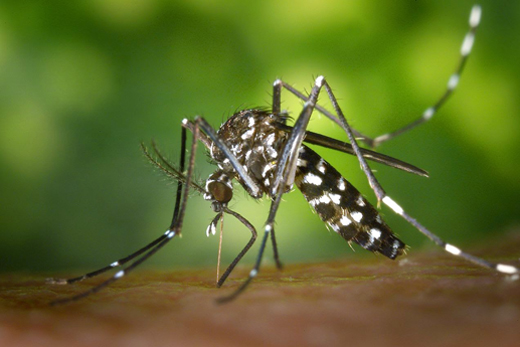As chikungunya virus moves into the Americas for the first time, causing a major outbreak throughout the Caribbean and parts of Central and South America, U.S. health officials are monitoring cases in travelers returning from the affected areas. Imported cases of the mosquito-borne virus have been confirmed in at least 10 U.S. states. The Georgia State Health Department is currently testing a dozen people who reported chikungunya-like symptoms after visiting affected areas, 11 Alive News reports.
"Early response is essential," says Gonzalo Vazquez-Prokopec, a disease ecologist in Emory's Department of Environmental Sciences who studies how mosquito-borne pathogens move through urban populations. "We need to prepare the country to try to avoid what we suffered with the introduction of West Nile virus 10 years ago."
Vazquez-Prokopec and Uriel Kitron, chair of Emory's Department of Environmental Sciences, have been studying the patterns of vector-borne disease epidemics for years and are currently working with public health officials in other parts of the Americas and Africa on chikungunya control efforts.

